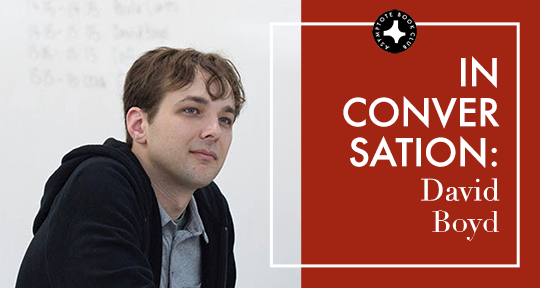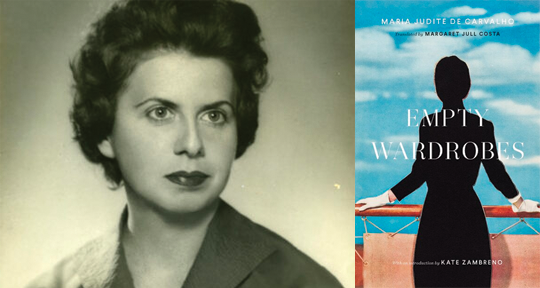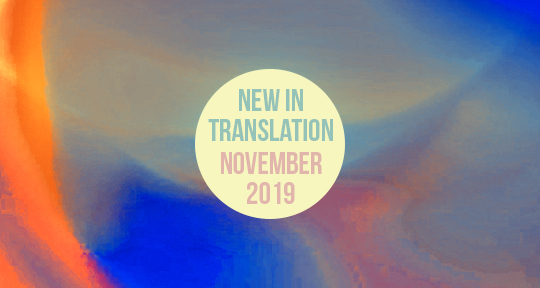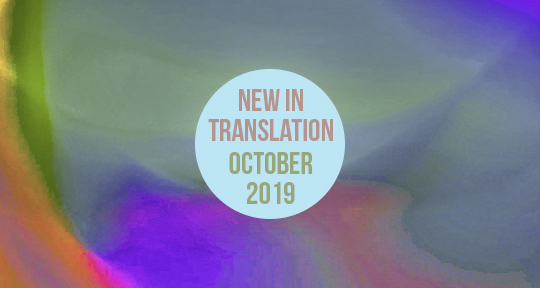Hiroko Oyamada is a master of the uncanny. Though she made her English-language debut in only 2019, her surreal atmospheres and psychological insight has gained significant traction and acclaim, and we were delighted to introduce her third and latest work, the collection Weasels in the Attic, as our book club selection for the month of November. In the interconnected series of three narratives, Oyamada explores parenthood, fertility, and the demarcation between human and animal worlds with signature precision and intrigue, rendered into a graceful English by her long-time translator, David Boyd. In the following interview, we speak to Boyd on his relationship with Oyamada’s works, the challenge of idioms, and his approach to her singular style.
The Asymptote Book Club aspires to bring the best in translated fiction every month to readers around the world. You can sign up to receive next month’s selection on our website for as little as USD15 per book; once you’re a member, join our Facebook group for exclusive book club discussions and receive invitations to our members-only Zoom interviews with the author or the translator of each title.
Laurel Taylor (LT): David, this is technically the third title from Oyamada you’ve translated into English, but the stories in this volume originally appeared separately—did you translate them all in one go?
David Boyd (DB): No, definitely not. In Japanese, the stories in Weasels in the Attic can be found in the book versions of The Factory (Kōjō) and The Hole (Ana). They were written around the same time as those novellas — between 2012 and 2014, I think. In 2019, when we published The Factory in English, Oyamada came out to New York and Boston to support the book. At that point, I was already working on The Hole, and New Directions wanted to know what was going to come next. When we talked to Oyamada, she told us that she’d always considered these three stories—“Death in the Family,” “Last of the Weasels,” and “Yukiko”—to be a trilogy. It was never printed as a single book in Japan, but that doesn’t mean Oyamada didn’t view it in that way. Anyway, that was where we got the idea to collect the stories into a single volume: from Oyamada herself.
LT: That’s fascinating to hear, because I was very curious about whether these stories were originally meant to go together.
DB: Absolutely. Oyamada wrote them that way. In my mind, too, they form a single novella, just like her other two books, even if there’s no single volume in Japanese that contains all three. Novellas in Japan are usually published with accompanying shorter stories, and that’s how “Death in the Family” ended up as part of The Factory and “Last of the Weasels” and “Yukiko” ended up as part of The Hole.
I translated them in the order that they were published in Japan—“Death in the Family” right after working on The Factory. That had to be around 2018, or maybe early 2019. It was kind of refreshing, because “Death in the Family” feels nothing like The Factory. Then, after I translated The Hole in the summer of 2019, I came back to Saiki and the others, working on “Last of the Weasels” then “Yukiko” back-to-back. I didn’t mean to do it that way, but it worked out well to have some space between the first story and the other two. A fair amount of time passes in the narrator’s world; he’s older in “Last of the Weasels,” and even older in “Yukiko.” That being the case, I didn’t go back to make sure that they sounded identical. I didn’t feel like there was any need. READ MORE…














